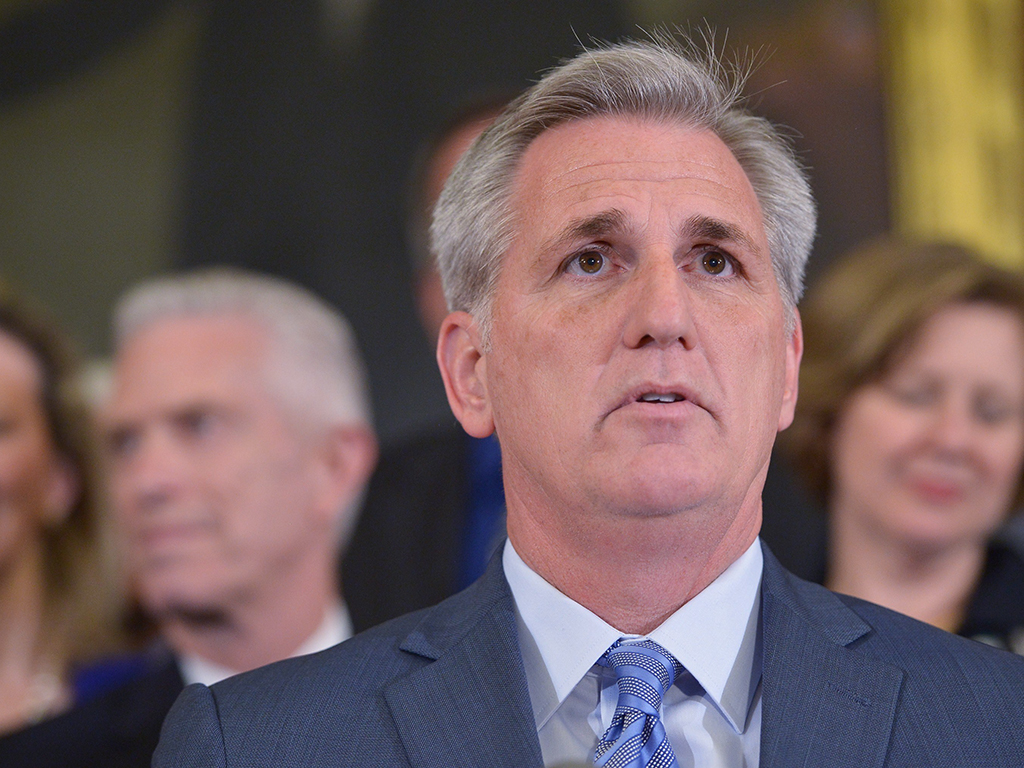Obama blocks controversial Keystone XL pipeline
Major oil pipeline blocked by Obama over environmental concerns, enraging Republicans

House Majority Leader, Kevin McCarthy (pictured), urged President Obama to sign Keystone legislation, but the president refused. Obama's pledge to fight climate change have strongly conflicted with the idea of the pipeline
President Barack Obama has blocked the highly controversial Keystone XL pipeline that would connect tar sand oil fields in Canada to the US, despite calls from Republican politicians to finally rubberstamp the project.
The pipeline from Alberta, Canada, would have carried tar sands oil all the way south to the state of Texas. However, although it would have created a huge number of jobs along the route and provided a lucrative new source of oil to the industry, Obama used his presidential veto to stop its construction.
The President said that the Republican-led Congress was trying to bypass the national interest
Running 875 miles across the country, many supporters have claimed that it would bolster America’s energy independence at a time of considerable uncertainty within global oil markets. However, the concerns over the environmental impact of such a massive new expansion of oil use in the country have made it very difficult for Obama to support the plan, especially as he has made fighting climate change one of the cornerstones of his presidency.
Initially proposed six years ago, the Keystone XL pipeline scheme has been a constant bone of contention for Republicans and Democrats. How it impacts on the country’s oil markets is unclear, although with global oil prices dropping its necessity has become less apparent.
While this is certainly not the end of the Keystone project – an election next year of a Republican candidate could pave the way for it – Obama has been determined not to allow the decision to be taken out of his hands. In a statement announcing the veto, the President said that the Republican-led Congress was trying to bypass the national interest. “Through this bill, the United States Congress attempts to circumvent longstanding and proven processes for determining whether or not building and operating a cross-border pipeline serves the national interest.”
However, responding to the veto, Republican House Speaker John Boehner said the US was in danger of falling behind international rivals. “It’s embarrassing when Russia and China are ploughing ahead on two massive pipelines and we can’t get this one no-brainer of a project off the ground.”













